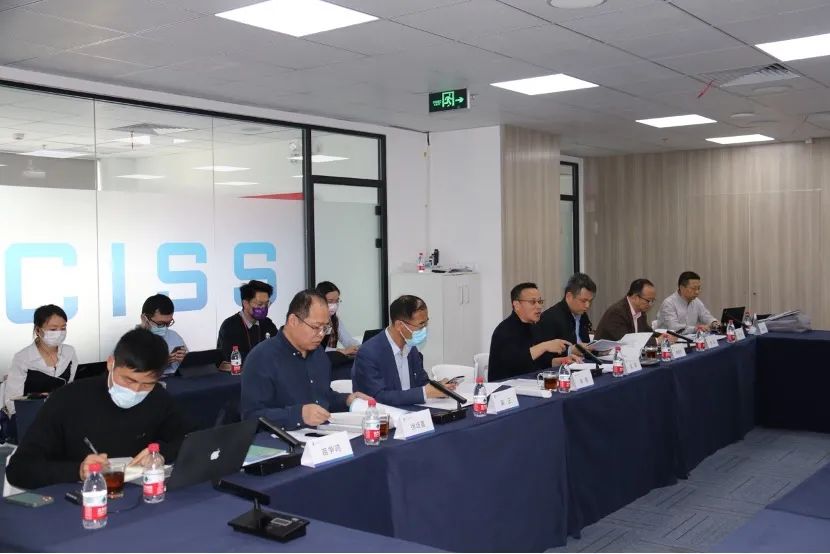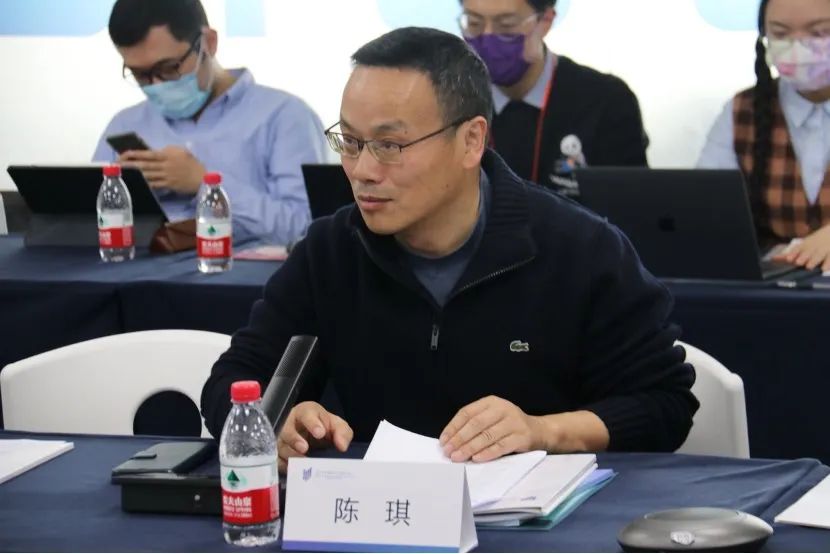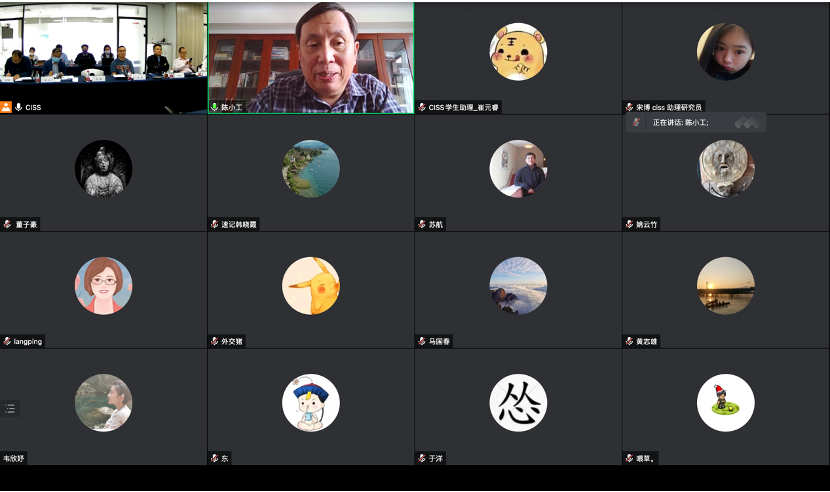On March 15, 2022, the Center for International Security and Strategy (CISS) and the Institute for AI International Governance (I-AIIG), both at Tsinghua University, held the 31st Security and Strategy Seminar entitled “Cyber Warfare in the Russia-Ukraine Conflict: Challenges and Responses.”

Panelists discussed the characteristics, patterns and new trends of cyber warfare in the Russia-Ukraine conflict, the impact of hacking in the conflict on China’s cybersecurity, and the lessons learned and countermeasures for China to deal with future cybersecurity challenges. It was believed that although the latest cyber warfare in the Russia-Ukraine conflict has not escalated to one of high intensity, its new features and patterns merit continuing attention. The effects of this cyber warfare have been felt by China, raising alarm bells for us to think ahead and make provisions.


LIANG Zheng, vice dean of I-AIIG and professor at the School of Public Policy and Management at Tsinghua, made concluding remarks at the event, which was moderated by CHEN Qi, CISS deputy director, I-AIIG chief expert for international relations and professor of International Relations at Tsinghua. The seminar also featured CISS academic committee members CHEN Xiaogong and YAO Yunzhu; HUANG Zhixiong, vice dean of the School of Law and executive director of the Institute of Internet Governance, both at Wuhan University; LI Xiaodong, director of the Center for Internet Governance at Tsinghua University, research fellow at the Institute of Computing Technology, Chinese Academy of Sciences, and former VP at ICANN; LANG Ping, research fellow at the Institute of World Economics and Politics and director of the National Security Department at the National Institute of Global Strategy, Chinese Academy of Social Sciences; LI Yan, executive director of Institute of Sci-Tech and Cyber Security Studies, China Institutes of Contemporary International Relations; XU Peixi, director of Center for Global Internet Governance Studies, Communication University of China; YU Yang, assistant professor at the Institute of Interdisciplinary Information Sciences, Tsinghua University; SU Hang, assistant professor at the Department of Computer Science and Technology and assistant director of the Institute for Artificial Intelligence, both at Tsinghua University; ZHANG Weiqiang, senior policy researcher at RealAI; XIAO Qian, CISS deputy director; ZHOU Bo, CISS fellow; and MIAO Zhengming, CISS research associate.
